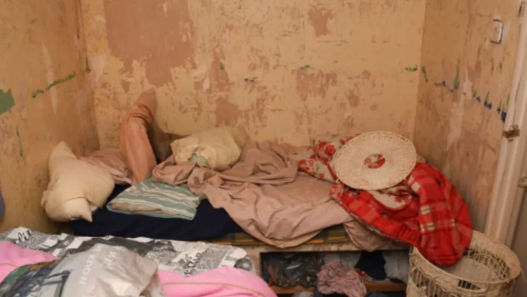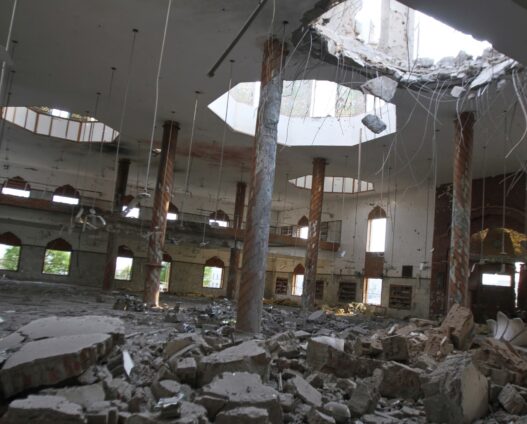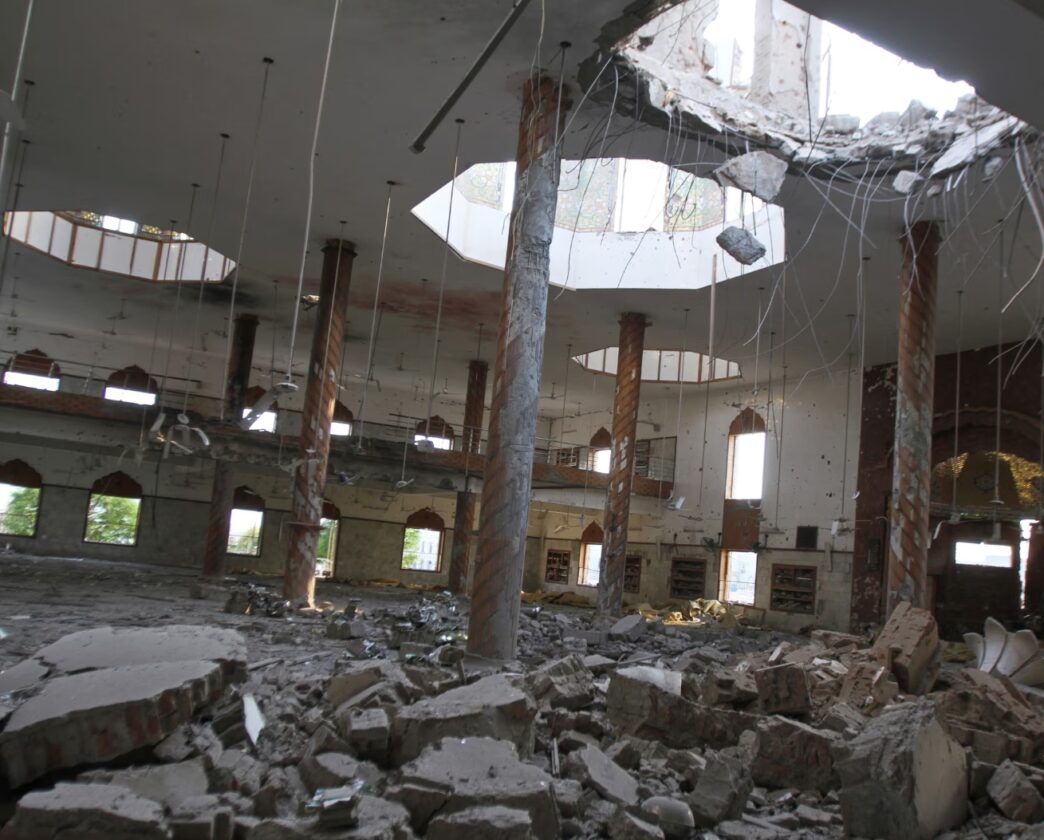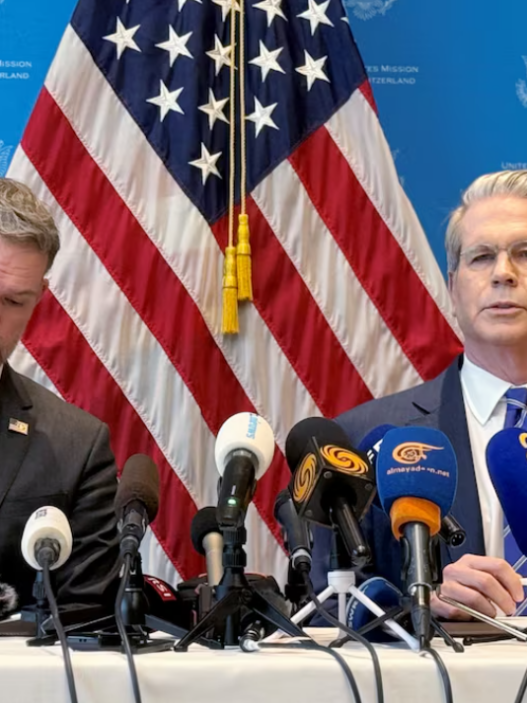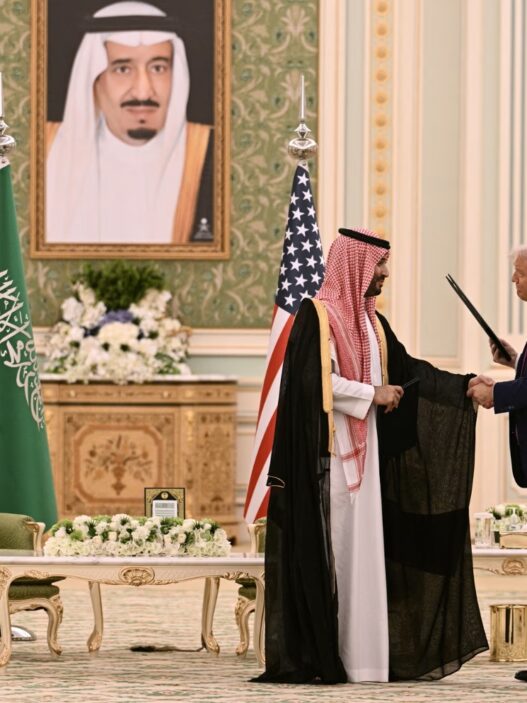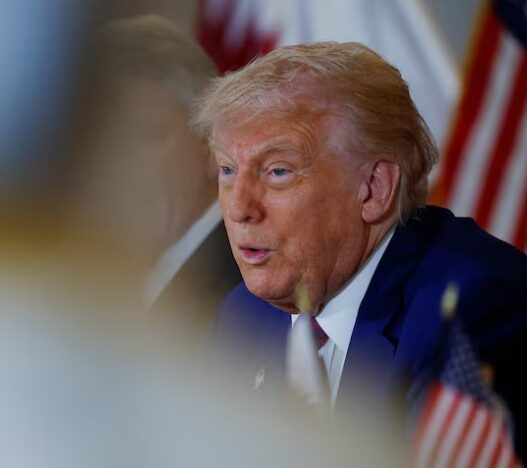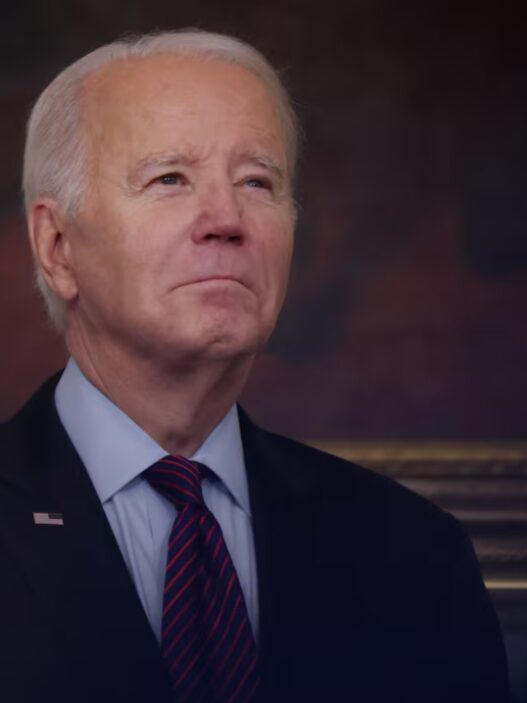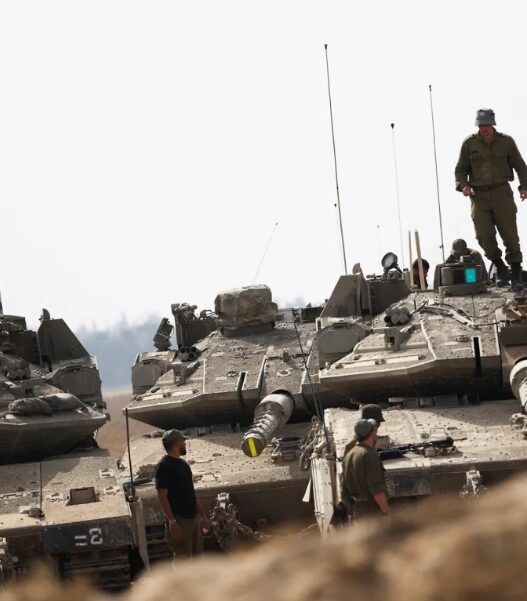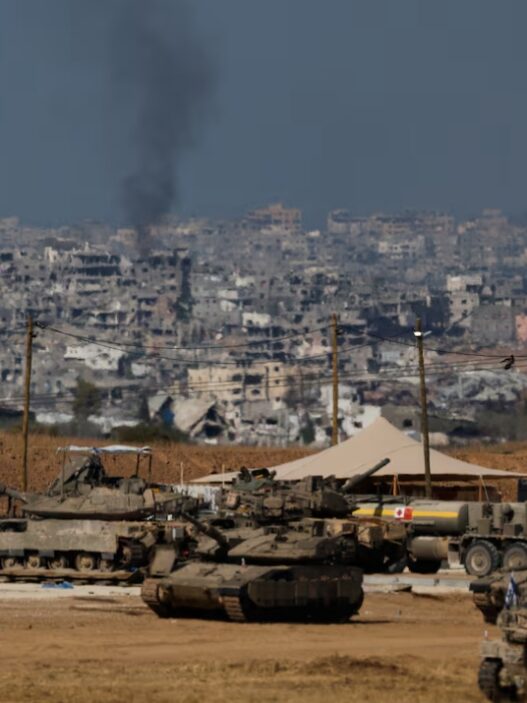In a late-night national address, Shehbaz Sharif, the Prime Minister of Pakistan, condemned India’s missile strikes that killed 31 people and declared that his country would take revenge. “We will avenge every drop of our martyrs’ blood,” he said, pledging a strong response.
According to the Pakistani government, Indian airstrikes hit nine locations across Pakistan-administered Kashmir and the province of Punjab. The military was granted full authority to retaliate in a manner of its choosing.
India Defends Airstrikes as Counterterrorism
India claimed the attacks were retaliation for a recent militant ambush in Indian-administered Kashmir that left 25 Hindu tourists and a local guide dead. It blamed the attack on Lashkar-e-Taiba and Jaish-e-Mohammed, Islamist groups with a history of operating from Pakistan.
India’s Defense Minister Rajnath Singh stated, “We killed only those who killed our innocents.” Home Minister Amit Shah reaffirmed the government’s resolve to respond to any aggression against Indian citizens.
The Indian military described the strikes as proportionate and responsible, denying any intent to escalate the conflict.
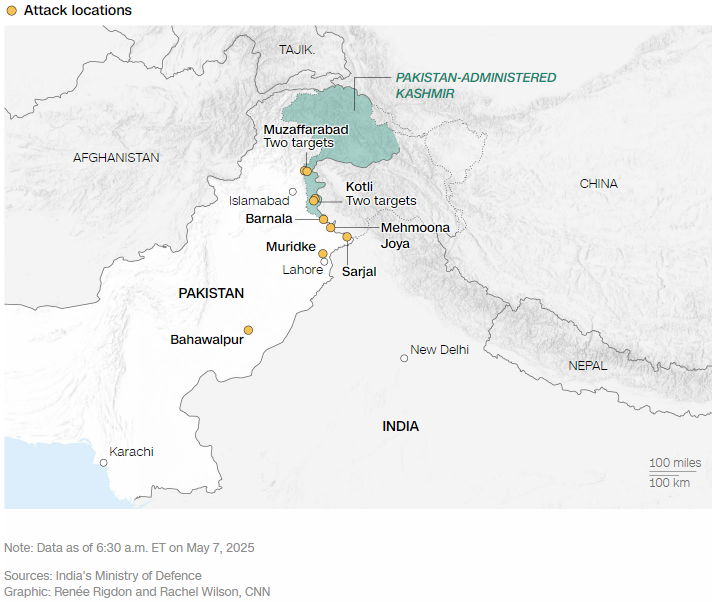
Pakistan Declares Readiness to Defend Its Sovereignty
Deputy Prime Minister Ishaq Dar, who also serves as Pakistan’s foreign minister, said the nation would go to any extent to defend its honor and territorial integrity. He stressed that responses would be deliberate and strategic, under the guidance of General Asim Munir, the army chief.
Dar declined to give a specific timeline for any retaliatory action, emphasizing that all options remained on the table. “We are not rushing decisions, but we reserve the right to act at any time,” he said.
He added that Pakistan had exercised maximum restraint so far, despite economic risks. “There is no cost too high when it comes to our sovereignty,” he said.
Frustration with the International Community
Dar criticized the international community for remaining silent. He noted that previous appeals for an independent investigation into the Kashmir attack had gone unanswered.
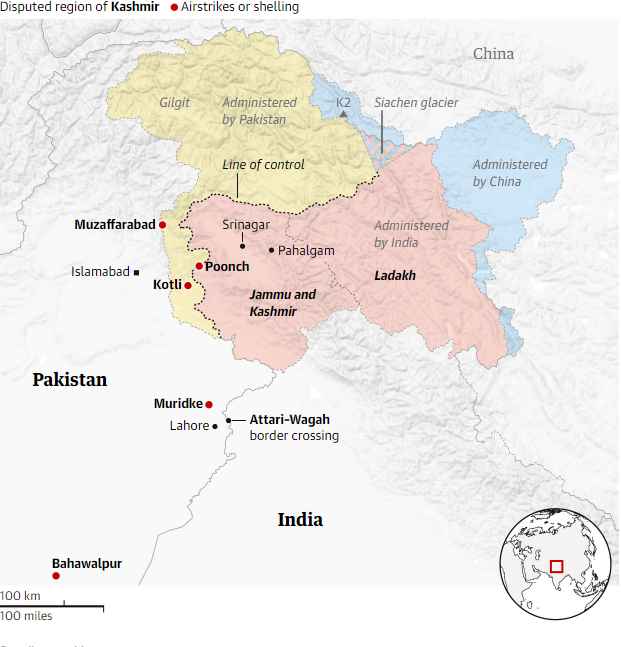
While past US administrations had often helped de-escalate tensions, Dar remarked that the Trump administration had taken a more hands-off approach. “Every administration operates differently,” he said.
He warned that the consequences of another India-Pakistan war would affect more than just the region. “Any major conflict will eventually cross borders and damage the global economy,” he said.
Airstrikes Leave Trail of Death and Destruction
India’s strikes on Wednesday marked the first time since the 1971 war that missiles had landed inside Pakistani Punjab, killing at least 16 people there.
Pakistan claimed that 80 Indian jets were involved, and that it had shown restraint by shooting down only five. India did not confirm the aircraft losses, but wreckage from at least three planes was reported across Indian-administered Kashmir and Punjab, India.
Eyewitness Accounts from the Ground
In the village of Wuyan in Kashmir, a resident named Adnan Ahmad described a dramatic scene around 1:40 a.m. “I saw a plane engulfed in flames falling from the sky. It crashed near a school, hitting trees. We heard explosions for almost an hour,” he said.
Gunfire and Shelling Across the Line of Control
Heavy firing began early Wednesday along the Line of Control, the highly militarized border dividing Kashmir. At least 12 civilians were reported dead on the Indian side, and Pakistan confirmed five deaths from shelling on its side.
In the border district of Poonch, medical officers said 42 people were being treated for injuries.
One local, Safeer Abdullah, said a mortar hit his relatives’ home, wounding them seriously. “This has been our reality for generations. The fear never ends,” he said.
Another resident, Abdullah Khan, reported that he and his family had been trapped in their basement since the night of the attack. “We’ve had no safe moment to escape,” he said. “Shells keep falling around us.”
Evacuations and Widespread Fear
Thousands of civilians living near the border on the Indian side were forced to flee. Homes, religious buildings, and farmland were damaged in what locals described as a relentless artillery barrage.
Many reported sleepless nights and living in constant fear. “It feels like we are caught in a rain of fire,” one villager said.
Political Leaders Respond in Parliament
At a parliamentary session, Bilawal Bhutto Zardari, co-chair of the Pakistan People’s Party, reaffirmed the right to self-defense. “Our answer to India is yet to come,” he declared.
He stressed that Pakistan would determine its response independently and without outside influence.
Kashmir: A Region on the Brink
Kashmir has remained disputed since the partition of India in 1947. Both India and Pakistan claim it entirely, but each controls a portion, divided by the Line of Control.
The two countries have fought three wars over the region, with the most recent in 1999. The current tensions mark the most dangerous escalation in decades.
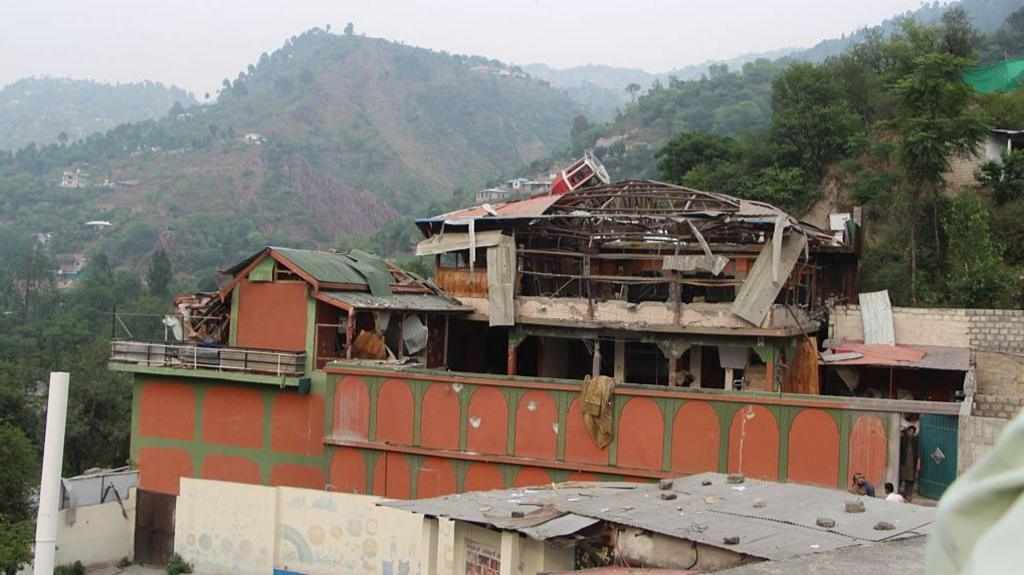
Global Powers Urge De-escalation
Countries including the United States, United Kingdom, China, Iran, and United Arab Emirates have called for calm.
UK Prime Minister Keir Starmer said his government was urgently engaging both sides to encourage dialogue and protect civilians.
Former US President Donald Trump also urged peace. “We have good relations with both countries,” he said. “We want to see this fighting stop.”





